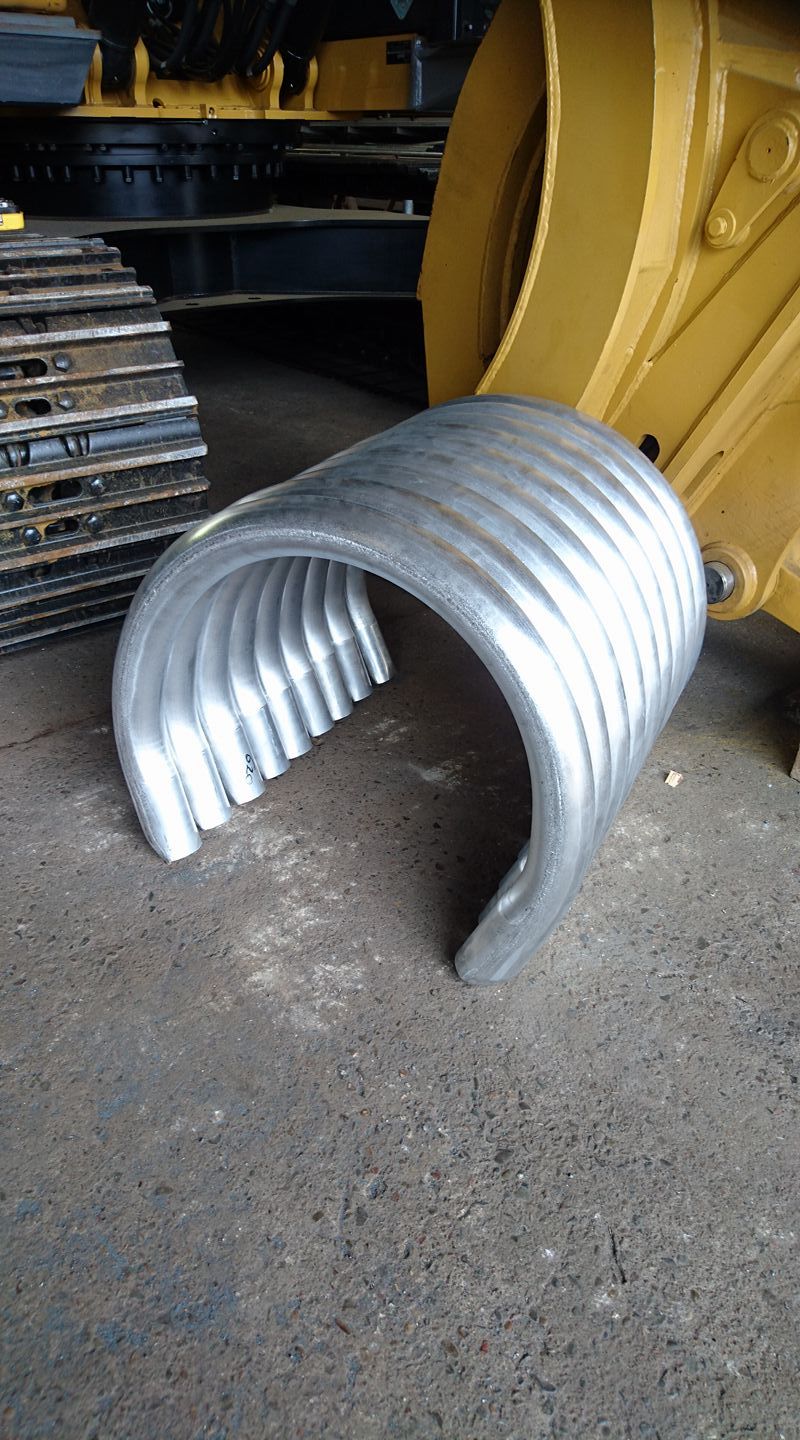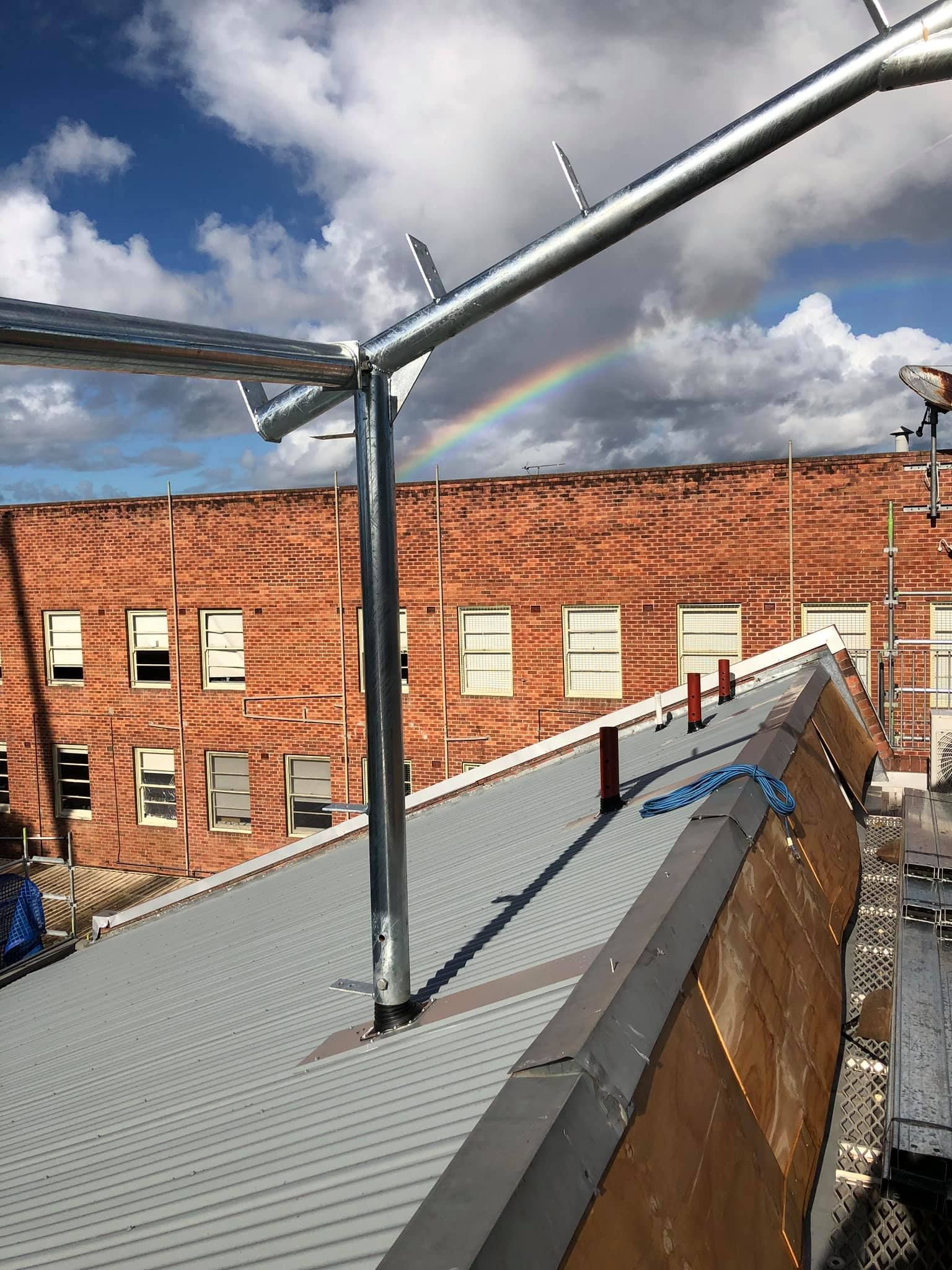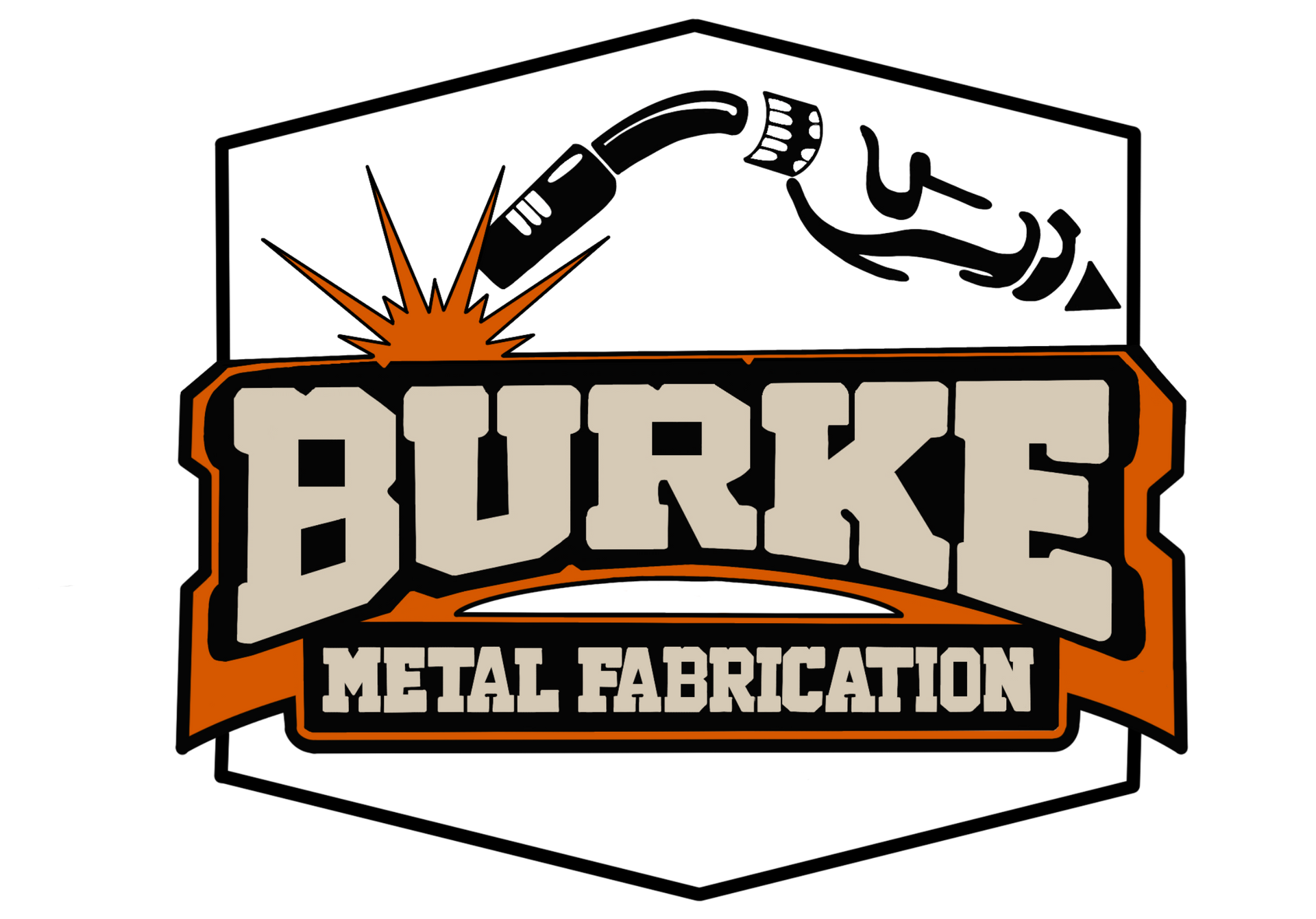Pipe & Plate Rolling in Taree
- Over 25 Years’ Local Experience
- All-in-One Workshop and On-Site Services
- Custom Builds with a Problem-Solving Mindset
Taree Pipe & Plate Rolling
When you need metal rolled to exact curves and specs, precision is everything. At Burke Metal Fabrication in Taree, we offer expert pipe and plate rolling services for projects across construction, agriculture, and custom fabrication. Whether it’s for a curved structural section, tank shell, railing, or frame, we roll steel with accuracy and consistency to suit your design and application. We work with a range of materials and diameters, and we’re set up to deliver an excellent finish without compromising strength.
- Accurate Rolling for Pipes & Plates
- Ideal for Curved Structural Components
All work is completed in-house, so we control quality from start to finish. Call 02 6552 3852 to talk through your rolling needs or request a quote.
Custom Curves. Clean Results.
When a job calls for curved steel, we’ve got the tools and experience to get it done right. Our pipe and plate rolling services are designed to meet a wide variety of project needs, whether you’re fabricating balustrades, ducting, frames, or archways. We can roll steel into single curves, arcs, or cylindrical shapes with consistent radius control and smooth edges. Our workshop handles light to medium plate thicknesses, rolled to tight or open diameters depending on your spec. Because we do everything in-house, we’re able to offer better lead times and make adjustments quickly if your needs change. If you’re working off-site, we’ll label and prepare your rolled components for transport or installation.
- Perfect for Construction, Ag & Custom Fabrication
- Controlled Radius for Clean Finish
Let us help shape your next project. Call
02 6552 3852 for a quote or rolling advice.
What is the difference between pipe rolling and plate rolling?
Pipe rolling involves curving round tube or pipe into an arc or circular shape, often for structural or framework applications. Plate rolling involves bending flat sheet metal into a curved profile, which is commonly used for tank shells, ducts, and cylindrical parts. Both processes require specialised rollers that apply pressure to form precise curves. The main difference is the material’s original form—pipes are already tubular, while plates are flat—and the equipment used is slightly different for each.
What materials can be rolled?
Most commonly, mild steel is used for pipe and plate rolling, but stainless steel, aluminium, and other metals can also be rolled depending on their thickness and hardness. Each material responds differently to the rolling process, which means speed, pressure, and rolling direction need to be adjusted accordingly. A professional fabricator will choose the right technique and machine settings to achieve the required shape without compromising the material’s structural integrity.
What thicknesses or sizes can be rolled?
The size and thickness that can be rolled depends on the machinery and material involved. Most workshops can handle light to medium gauge steel plate and pipe in a variety of diameters. Tight-radius curves or large-diameter rolls may require different equipment or multiple passes. It’s best to contact the workshop with your specifications in hand so they can confirm rolling limits and provide advice on achieving your desired outcome without distortion or over-stressing the material.






